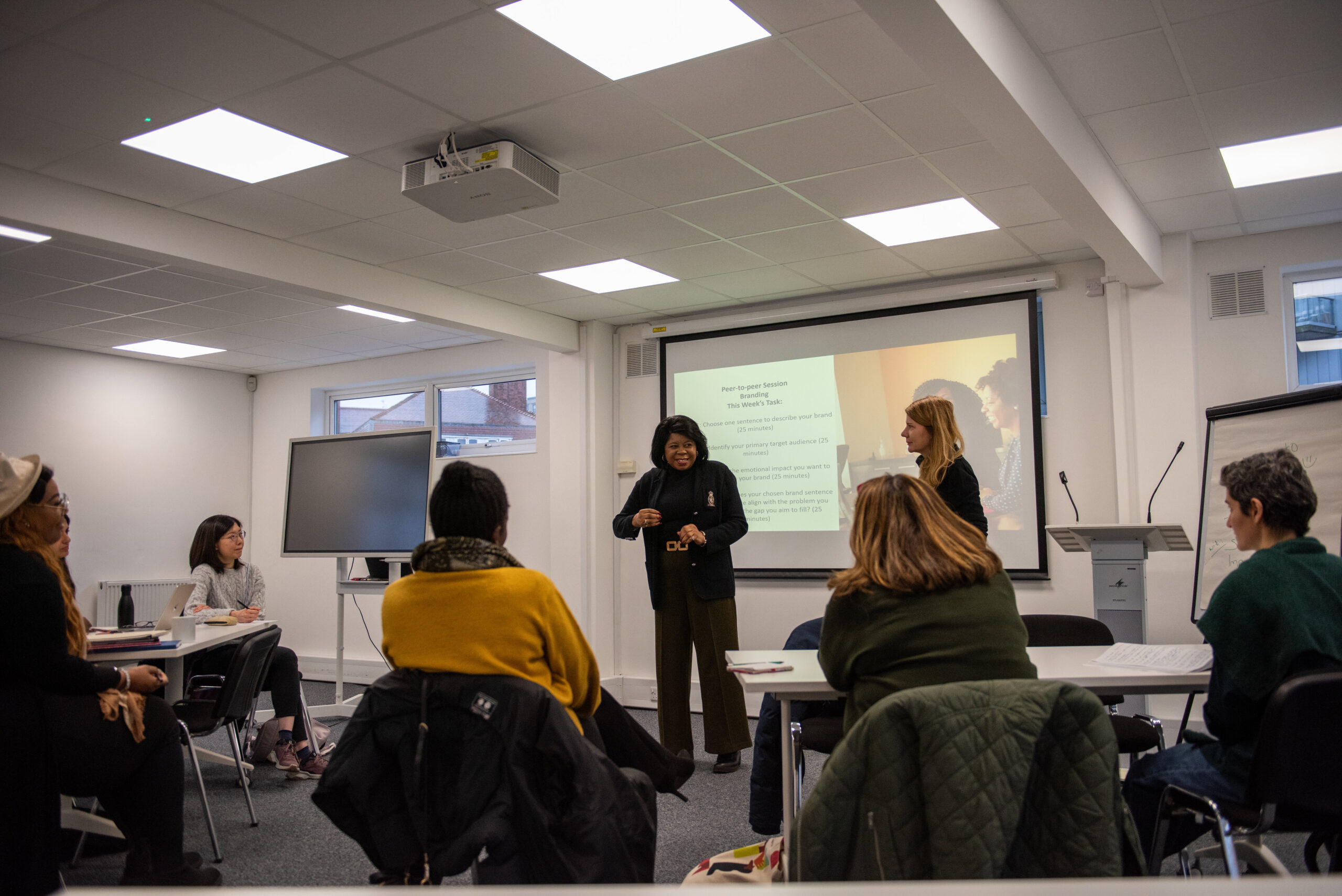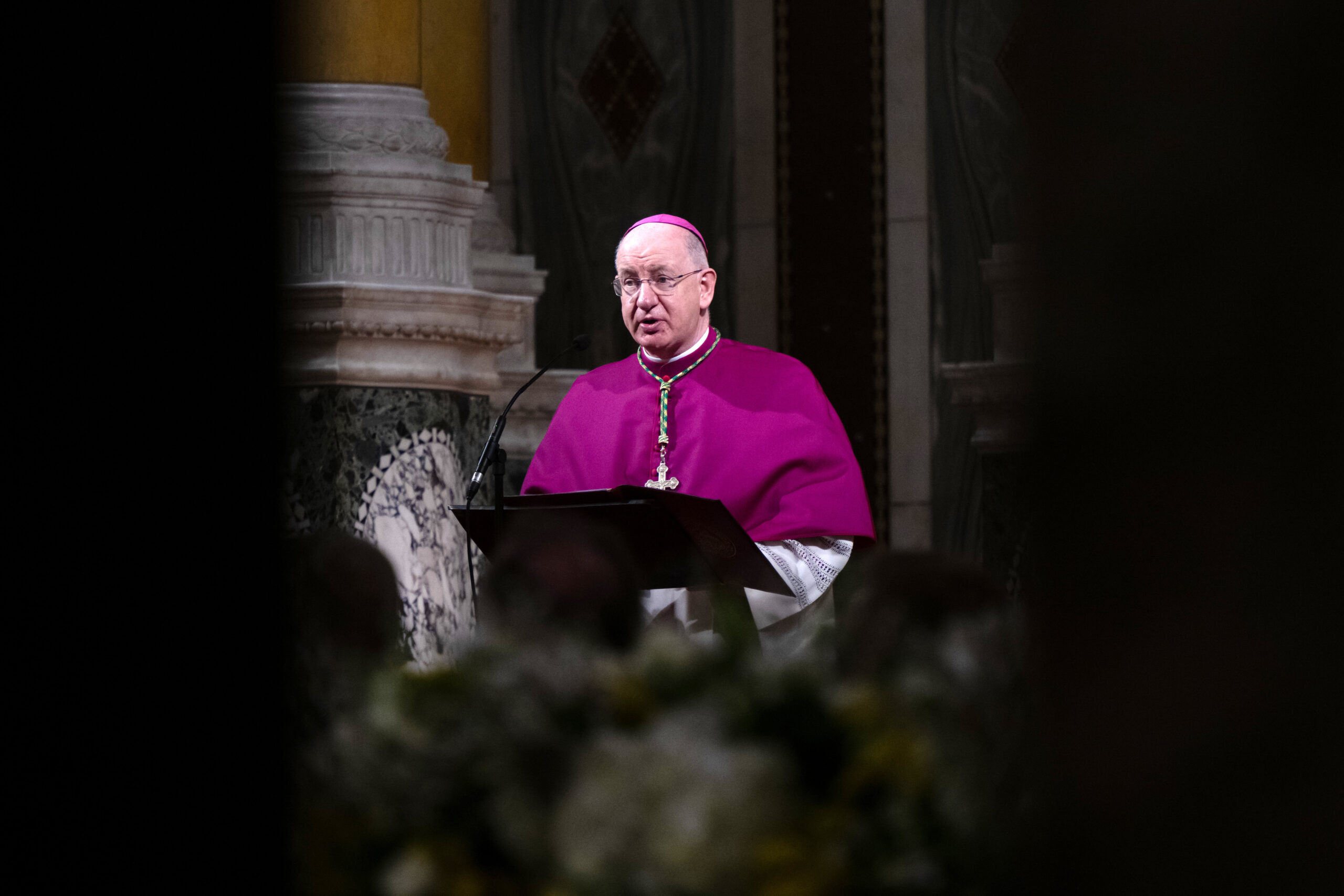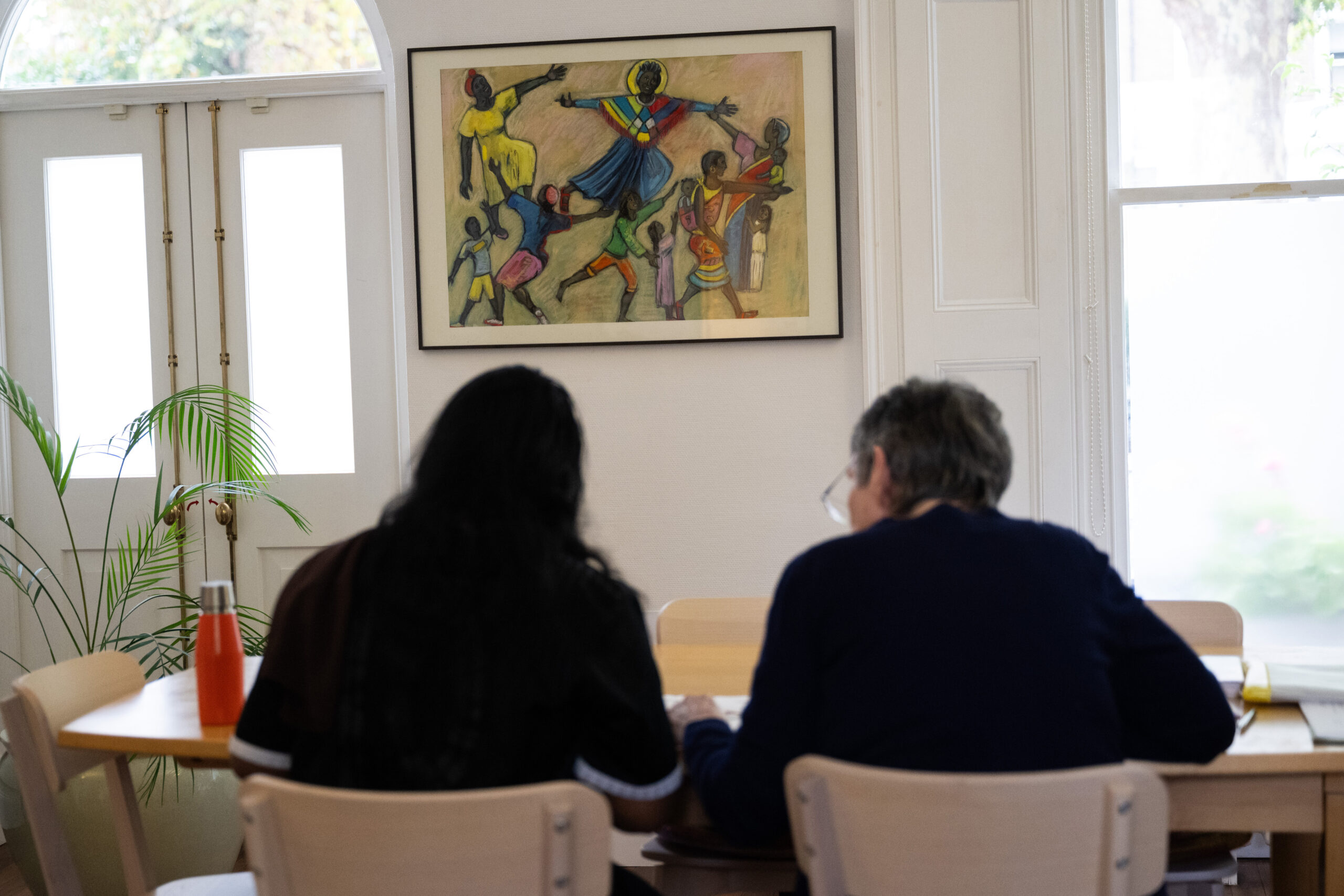by Edward de Quay

This article first appeared in the CSAN ‘Caritas in Action’ column in the Catholic Times on the 24th of March 2017
Caritas Westminster was established in 2012 to support and enhance social action in the diocese of Westminster. We run direct services for the Deaf Community, for those with intellectual disabilities, and for women who have been victims of human trafficking. All our work at Caritas Westminster is underpinned by Catholic Social Teaching, which we use as a basis for our development work when helping parishes to start up social action projects.
We often refer to Catholic Social Teaching as the “best kept secret” of the Catholic Church. It offers a framework to interpret events in the world, to judge the inequality that we see around us, and to take action in light of our faith. St Ignatius of Loyola said that “love ought to be shown in deeds more than in words.” Our faith is not limited to the ‘spiritual,’ but involves all aspects of our lives, and we are called to work together for the common good.
Over the last few years, we have been encouraging parishes to engage in our ‘Love in Action’ programme. This explores Catholic Social Teaching, asks how the themes are visible in local communities, and questions what can be done to alleviate suffering that is identified. The programme is primarily delivered through the liturgy, and over six weeks explores the themes of the inherent dignity of every person, community, the preferential option for the poor, dignity of workers, solidarity and peace, and care for creation. Following this, a series of workshops are delivered to help the parish discern what action could be taken, or what existing projects should be celebrated and strengthened.
The programme also has resources for schools, and our workshops for schools and confirmation groups have proved popular. During February and March, our development workers ran a series of interactive workshops for Year 9 students at St Paul’s College, Sunbury. Students were introduced to the work of Caritas through the six principles of Catholic Social Teaching, each theme involving an interactive activity, and a link to the work that Caritas is doing in that area. The theme throughout is that of the equal dignity of all human beings, and striving to uphold and respect that dignity through our actions and words.

We have been consistently impressed at how well the students engaged in what can be quite difficult topics to discuss, from human trafficking, to the issue of loneliness and isolation. The topic of human trafficking usually sparks a lot of questions, with the idea that slavery still exists in quite a big way today often being unexpected.
At the end of each session, we ask what everyone will take away with them, and to suggest an action that they will make. Often, students expressed that they wanted to make sure that their clothes have not involved slave labour, or poor treatment in the workplace, and to look out for labelling that showed that people had not been exploited for their benefit. Others looked to visit elderly relatives more often, to think about their environmental footprint, and overall to think about their place in community and how to show respect to others.
The principles of Catholic Social Teaching that we are promoting are doubtless instinctive and obvious for the vast majority, but by promoting discussion about their place in society and our response to them, we hope that we can encourage more engagement in society, and a move from what Pope Francis refers to as a ‘culture of indifference’ to a ‘culture of encounter.
To access the ‘Love in Action’ resources visit www.stepforwardinlove.org.




